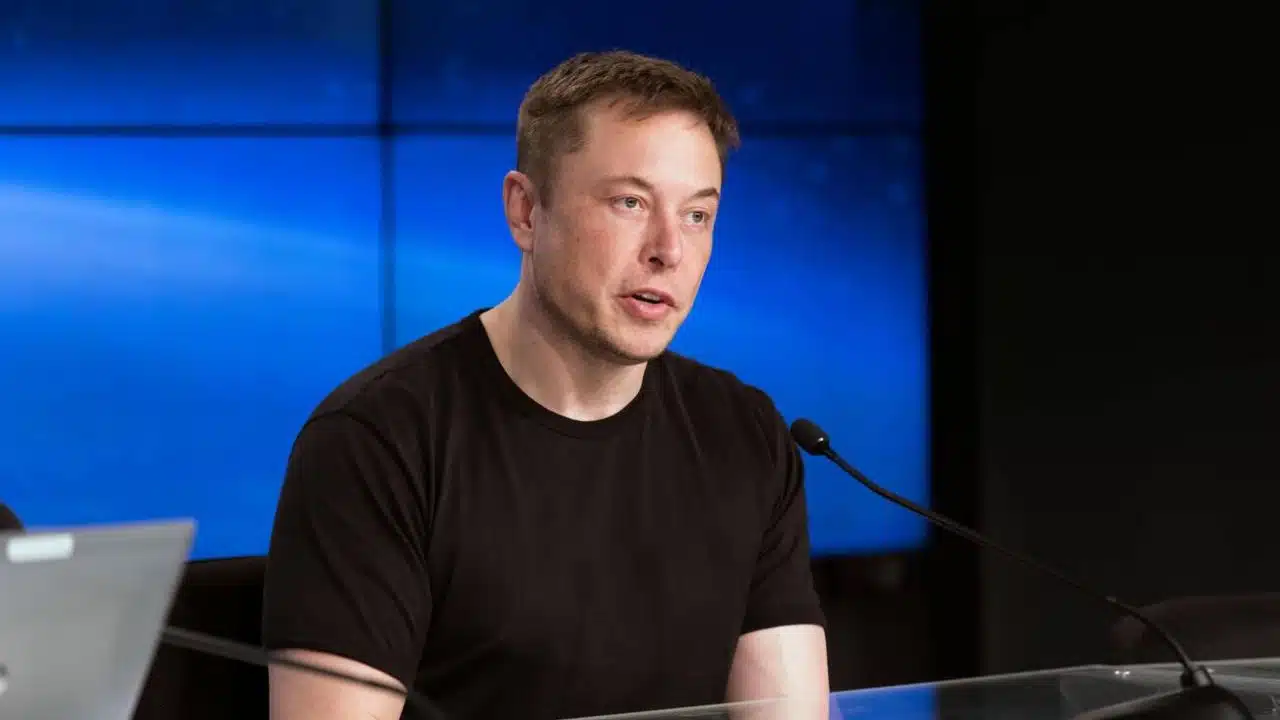On Monday, Tesla and SpaceX CEO Elon Musk publicly criticized Sundar Pichai-run Google, suggesting that the tech giant might be interfering with the US presidential election.
Elon Musk’s comments came after he shared a screenshot on social media platform X, showing that a Google search for “president Donald” yielded results for “president Donald Duck” and “president Donald Regan” instead of former US President Donald Trump.
“Wow, Google has a search ban on President Donald Trump! Election interference?” Musk questioned, further asserting that Google could find itself in significant trouble if it is found to be meddling with the election process.
Reactions from the Online Community
Musk’s post sparked a flurry of reactions from users on X. One user claimed, “Google is owned by Democrats,” implying a potential bias in the search engine’s algorithms. Another follower of Musk added, “Elon, I’m sure they’ll claim you’re suppressing the Democrats, but my algorithm shows me both parties posting their thoughts and opinions. Under the previous management, anyone who didn’t share the same views as the left was limited or banned.”
However, not everyone agreed with Musk’s stance. Some users pointed out that Musk himself has been accused of banning or limiting accounts on his platform that he disagrees with, questioning the difference between his actions and those he accuses Google of taking.
The Current Presidential Race
Meanwhile, the US presidential race is heating up, with Kamala Harris and Donald Trump emerging as the leading candidates. According to a recent Wall Street Journal poll, the race is incredibly close, with Trump slightly ahead at 49% compared to Harris’s 47%. The poll also revealed a surge in support for Harris among non-white voters and an increase in enthusiasm for her campaign among Democrats.
Implications and Concerns
Musk’s allegations against Google have raised concerns about the role of big tech companies in shaping public opinion and potentially influencing election outcomes. If true, such actions could undermine the democratic process and erode public trust in these platforms. However, without concrete evidence, these claims remain speculative.
As the election approaches, it is crucial for both tech companies and the public to remain vigilant about the potential for misinformation and bias. Ensuring transparency and fairness in how information is presented and accessed will be key to maintaining the integrity of the electoral process.
Elon Musk’s claim that Google has placed a search ban on Donald Trump has sparked significant debate and concern. While some users support Musk’s allegations, others highlight his own history of limiting opposing views on his platform. As the presidential race continues, the influence of big tech on elections remains a critical issue, underscoring the need for transparency and fairness in the digital age.




































